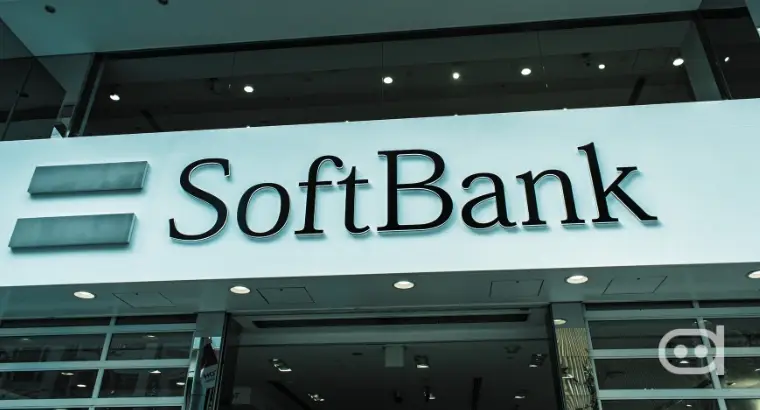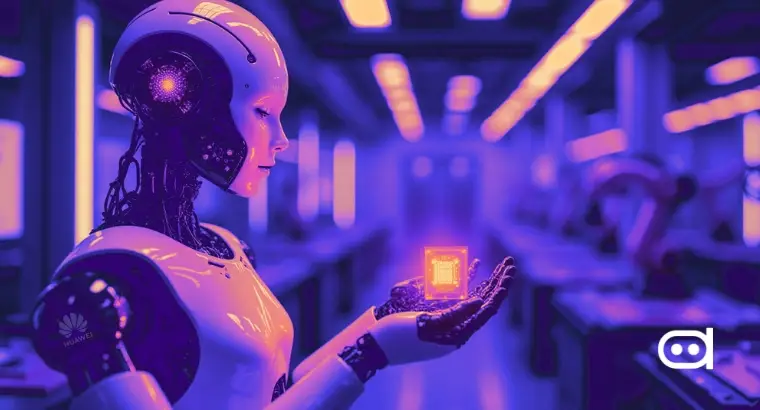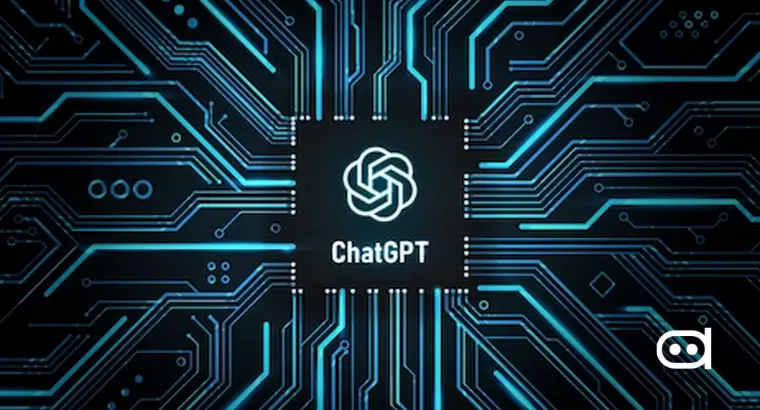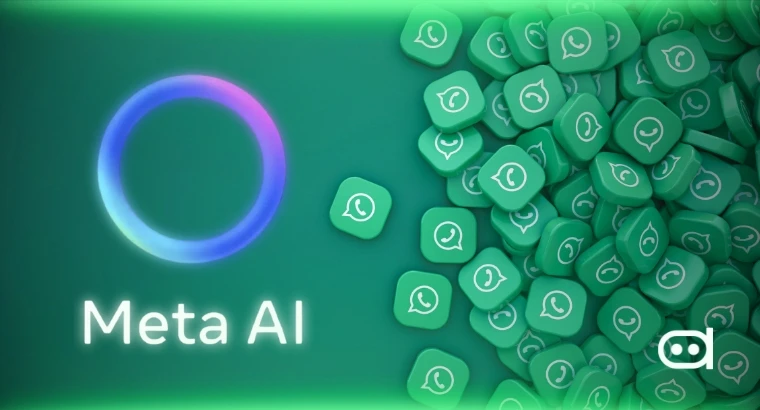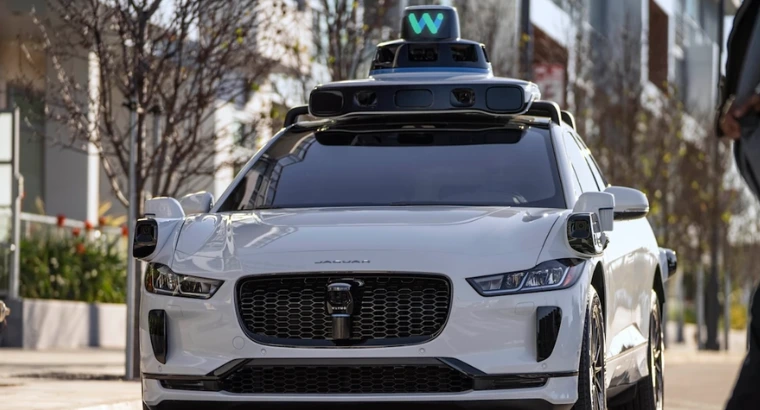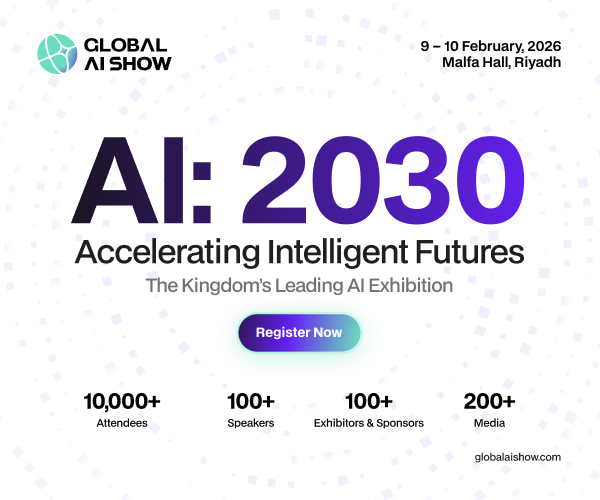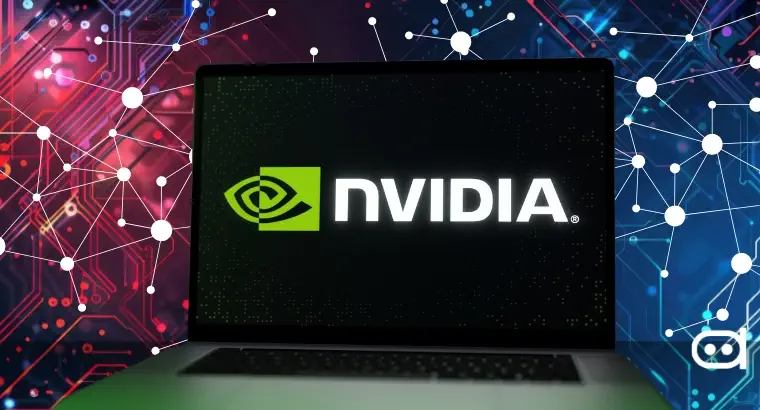
- NVIDIA has unveiled its latest RTX AI PC hardware, marking a significant leap forward in AI computing.
- This cutting-edge hardware is designed to deliver faster and more efficient AI processing, promising to set new benchmarks in the industry.
- The innovative technology aims to revolutionize how AI tasks are handled, offering unprecedented speed and efficiency that could reshape various sectors relying on AI.
- As the demand for AI capabilities continues to rise, NVIDIA’s latest offering positions itself as a game-changer in the AI hardware market.
NVIDIA has stirred the global market with its announcement of its new RTX AI PC hardware. This new hardware is more than just an improvement; it is a total revolution in regard to how AI computations will be managed in the future. Though most of the focus has been on the capabilities of performance metrics, there is a further narrative that supports the turnout of this conversation—how the future of AI is being redeveloped from scratch, beginning from the hardware that serves its core functions.
How NVIDIA’s RTX AI PC Hardware is Shaping the Future of AI
Admittedly, AI has been on the ascent, with the hunger for quick and more computing-efficient technologies increasing at an alarming rate. One company that has embraced the space in the AI hardware industry is Nvidia, which has continually moved the lines of possibilities. The release of their new RTX AI PC hardware is no different. Made for the increasing demands in the speed and efficiency, this hardware is a remarkable advancement in computing ability for AI.
In particular, enhancing AI capabilities is at the heart of the new RTX processor family, which squarely punches above its weight. This is significant as we see almost all industries, from healthcare to finance, using increasingly complex tasks, which include scouring through loads of data or catering to near real-time operations such as controlling self-driving cars. With the arrival of NVIDIA’s RTX AI PC hardware, these sectors can expect minor enhancements and a complete overhaul in how such processes are done.
Yet, what is especially fascinating about this hardware is not only its might but also its potential ripple effect across the entire technology chain. In doing the same, NVIDIA will no longer let applications stay on the shoulders of the processing unit but demand more from it so that new types of applications can be done. This could trigger a rush of creativity as developers and companies capitalize on the new paradigm with a greater scope of capabilities. A great range of opportunities, from more advanced AI-oriented applications to completely new forms of business, may appear.
In addition, the productivity and efficiency improvements brought by the NVIDIA RTX AI PC hardware could also prove to be a game changer when it comes to power consumption. This is especially important these days with more and more people asking questions about the environmental impact of supercomputers. Less power is consumed when carrying out such operations, reducing the expenditure and environmental action. This angle is of particular importance as companies all over the world are focusing increasingly on possible ESG alignments of their activities.
One more critical point is the availability of this hardware. NVIDIA is making good progress in achieving the objective of broadening the target market for the technology tailored for the introduction of such devices into the healthcare system. With a lower entry threshold, NVIDIA makes artificial intelligence available to the masses, allowing many more companies to take advantage of sophisticated AI without the need for members to spend large amounts on high-cost infrastructure. This could create a scenario where the playing field is leveled such that creativity and ideas rather than high computing power or computer resources become the drivers for innovations.
Read More: FrogPay AI and VueLabs Collaborate to Innovate AI-Driven Blockchain Payments
The change brought about by this democratization could have considerable consequences, more so in areas where the newest technologies have not been within reach. NVIDIA attempts to create a more balanced market by allowing more people to focus on overcoming AI struggles.
Although one cannot argue modestly about the performance claims behind NVIDIA’s new RTX AI PC hardware, the attendant ramifications could be even more interesting. This hardware is not simply aimed at taking advantage of AI advancement; it is a well-calculated move for the future of AI advancement. Where NVIDIA leads, it means there are faster and better ways of doing things and paving the way for what cannot be imagined in a more advanced environment. As the tech industry takes in the latest announcement, it is clear as day: AI is being developed right now, and NVIDIA is at the center of this shift.



